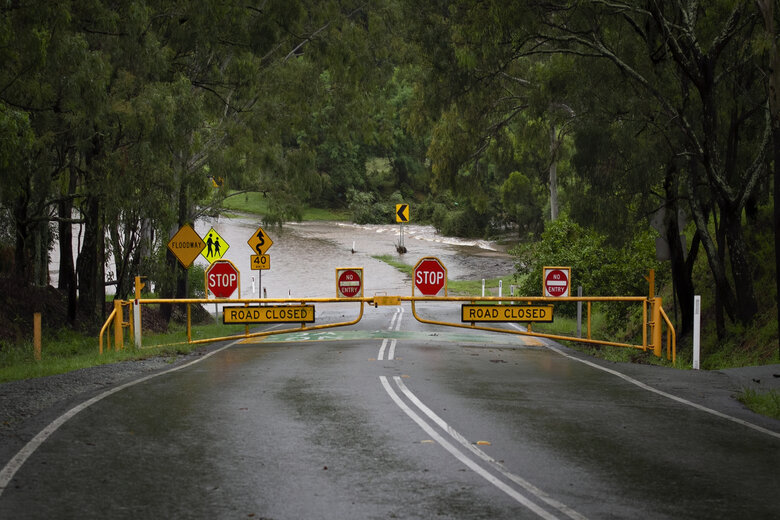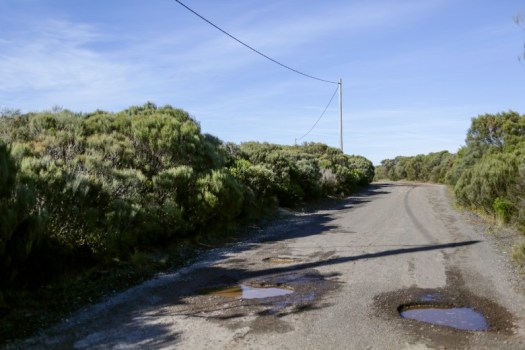
Recent severe weather events have caused ‘catastrophic damage’ to Australia’s road network and local government funding needs to be reviewed to better support maintenance, a parliamentary report says.

The House of Reps committee last Friday tabled its report on the impact of severe weather on the national regional, rural and remote road network.
The report says thousands of kilometres of roads across Victoria, NSW, Queensland, South Australia, the NT and WA have been damaged or washed away, with ALGA putting the estimated cost of repairing and replacing flood impacted roads at at least $3.8 billion in NSW, Queensland and Victoria alone.
The report says Australia’s climate is changing and the magnitude and frequency of extreme weather events is predicted to increase, including more heat extremes, droughts, intense rainfall, and floods.
“Our road infrastructure must keep pace and adapt to ever changing climate risks,” it says.
Severe weather events over the past few years have taken a massive toll on the network, Committee Chair Luke Gosling says.
“The unprecedented scale and intensity of floods, torrential downpours, and bushfires have caused catastrophic damage to our road infrastructure, exposing its vulnerability against severe weather events and a changing climate,” he said.
Underinvestment and backlogs
The inquiry identified underinvestment in maintenance, backlogs, data gaps around the condition of assets, challenges accessing funding, and a lack of collaboration and planning in terms of targeted investment.
The report calls for a review of local government asset maintenance funding under the federal Infrastructure Investment program, and recommends reconsidering the distribution formula of the Financial Assistance Grants road component.
The Committee also recommends changes to Disaster Recovery Funding Arrangements to assist in mitigating against future disaster events.
Other recommendations include developing road resilience guidelines, revising national design and construction standards and incorporating more recycled road materials.
Councils must be central to future planning, the report says.
The Committee says it heard during the inquiry that local councils are struggling to fund and maintain extensive road networks in the face of repeated severe weather.
“As over 75 per cent of the road network is owned and managed by local governments, it is essential that our councils have a voice in planning and investment for long-term resilience,” the report says.
Comment below to have your say on this story.
If you have a news story or tip-off, get in touch at editorial@governmentnews.com.au.
Sign up to the Government News newsletter

It’s not just the weather that is tearing up our country roads. It’s the large trucks – B-doubles, road trains, livestock carriers and cotton trucks – which can carry loads in excess of 20 tonnes in a single trailer. The road surfaces can’t withstand a constant bashing from such heavy vehicles travelling over them and potholes open up very quickly.
Even if billions of dollars were to be spent on fixing the roads now, they would just need to be fixed again in a couple of years’ time.
What needs to happen is to encourage more farmers to cart their freight by rail.
It’s a proven fact that rail freight costs far less than using road transport. And rail lines, once established, are far less expensive to maintain.
To this end, the state governments need to stop rail lines from being torn up and used as cycleways and instead upgrade them so that more freight can be carried on them. It also needs to build more lines that link up with the Inland Rail between Melbourne and Brisbane to make it easier for farmers to access interchanges.
The future of the regions doesn’t lie in fixing the roads, it lies in fixing its rail network.